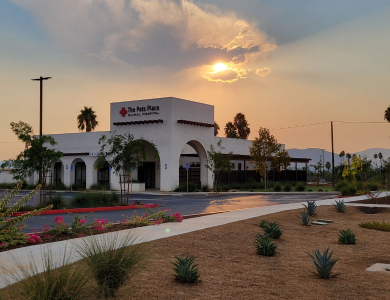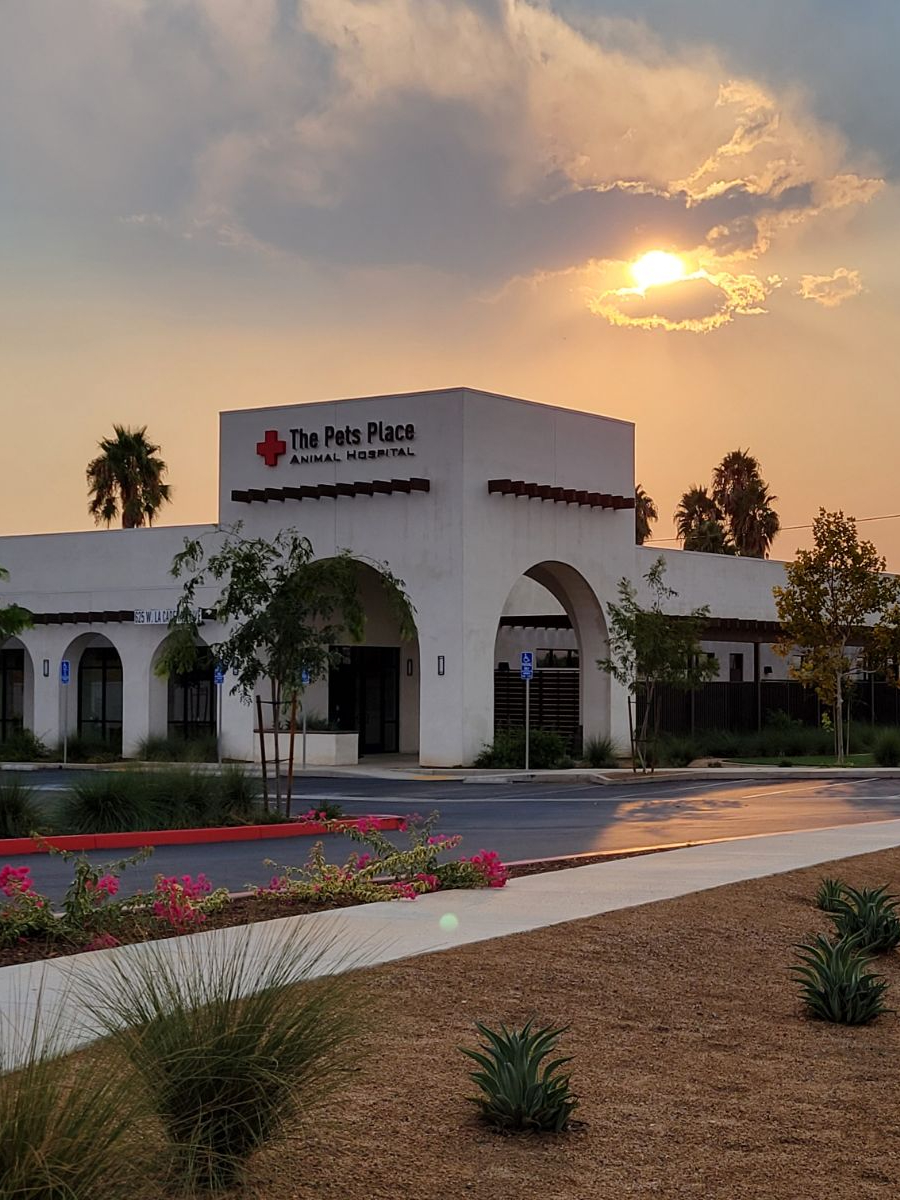
As a pet owner, one of the most critical decisions you'll make is what to feed your furry friend. The correct diet is essential for your pet's health, happiness, and longevity. But with so many choices on the market, how do you know which one is the right one? The decision becomes even more complex when you consider the variety of flavors, ingredients, and nutritional content available.
Factors to Consider When Choosing Pet Food
When it comes to feeding your pet, one size does not fit all. Different pets have different nutritional needs. The factors that you should consider while choosing the safest dog food for your pet include age, breed, weight, activity level, and health status.
Age is a crucial factor when deciding what to feed your pet. Puppies and kittens need different nutrients in different amounts than adult dogs and cats. As your pet ages, their dietary needs change again. Senior pets may require diets with fewer calories but more fiber and specific nutrients.
Breed is another important factor. Some dog breeds have specific dietary needs or are prone to certain health conditions. For example, large breeds like Great Danes or Saint Bernards need a diet that supports bone and joint health.
Understanding your pet's weight and activity level is also crucial. Overweight and sedentary pets require fewer calories than active or working dogs, while underweight or highly active pets might need a diet rich in protein and calories.
Understanding Pet Food Labels
Pet food labels hold a wealth of information if you know how to read them. The product name, ingredient list, guaranteed analysis, feeding guidelines, and nutritional adequacy statement are all critical pieces of information.
The product name often gives you an idea of the food's main ingredient. For example, if the food is labeled "Chicken for Dogs," then chicken should be the primary ingredient.
The ingredient list is another crucial section. Ingredients are listed in descending order by weight. The first few ingredients usually make up the bulk of the food. Look for foods that list a high-quality source of protein, like chicken, beef, or fish, as one of the first ingredients.
The guaranteed analysis provides information about the food's minimum percentages of protein and fat, and maximum percentages of fiber and moisture.
How to Choose the Right Food for Your Dog's Age and Breed
Different life stages and breeds have different nutritional needs. Puppies need a diet high in protein and fat to support their rapid growth and development. Adult dogs require a balanced diet to maintain their health, while senior dogs often benefit from diets lower in calories but higher in fiber.
Breed-specific diets are also available, formulated with the unique needs of different breeds in mind. For example, some brands offer food specifically for small breeds, large breeds, or breeds prone to certain health conditions.
Special Dietary Needs and Pet Food
Some pets have special dietary needs due to health conditions like allergies, diabetes, kidney disease, or obesity. These conditions often require a diet tailored to the pet's specific needs.
Dogs with food allergies might need a diet free from the offending allergens. Dogs with kidney disease often benefit from a diet low in phosphorus and protein. Pets with diabetes require a diet with a consistent amount of high-quality carbohydrates to help control blood sugar levels.
Consulting With a Vet for Pet Food Choices
Your vet is a valuable resource when it comes to choosing the safest dog food for your pet. They can take into account your pet's age, breed, weight, activity level, and health status to recommend a diet that suits their needs.
Your vet can also help you understand pet food labels and guide you on how much and how often to feed your pet.
Ensure Your Pet’s Health with the Right Food Today
Choosing the right food for your pet is an important responsibility. The right diet can contribute to your pet's overall health, happiness, and longevity. By considering your pet's age, breed, weight, activity level, and health status, and consulting with your vet, you can make an informed decision about the safest dog food for your pet.
For more information on how to choose the right pet food for your furry friend, visit The Pets Place Animal Hospital at our Riverside, California office. Call (951) 684-2181 to schedule an appointment today.










